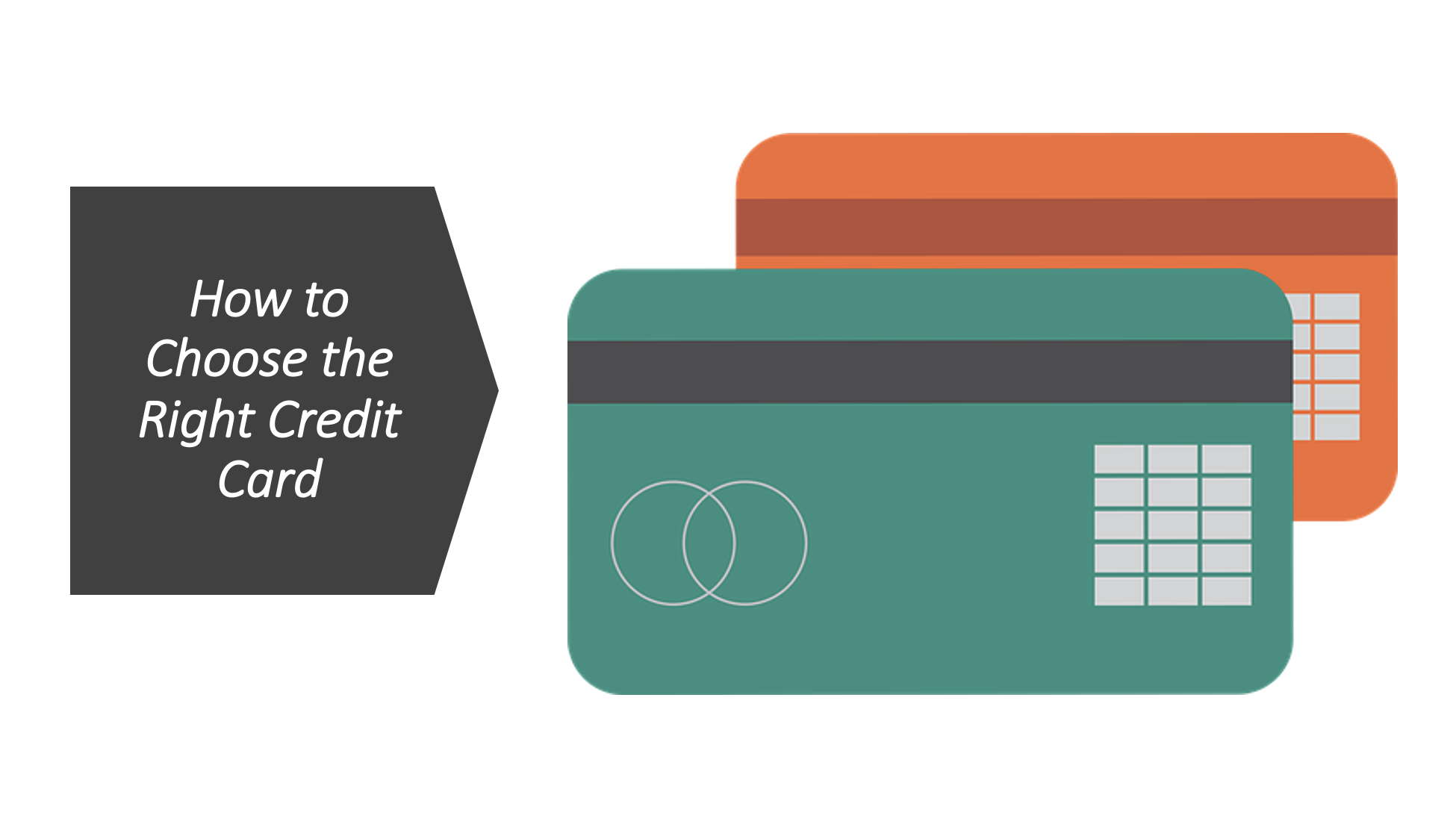
With so many available credit cards and different interest rates, choosing the right card for you might seem like a difficult task. Whether you are looking to transfer your balance or just want a no-frills card, there is a perfect option out there waiting for you. It’s important to be aware of a few factors before choosing a card.
Interest rates (APR)
APR stands for Annual Percentage Rate. It is the yearly interest rate that you are charged on your credit card balance if you don’t pay it off entirely each month.
Credit card interest rates can vary based on several factors, including an individual’s financial history (credit score) and the company issuing the card (random chance). According to NerdWallet, low-interest credit cards usually require a good credit score — 690 or higher — to qualify.
If paying off your balance every month isn’t important to you, then a low APR is probably what you should be looking for. If saving money on interest is your main concern, look for low introductory rates anywhere from 6-12 months. After the intro rate expires, make sure to keep up with on-time payments to avoid being charged a higher APR.
Typically, cards with high APRs offer better rewards than their low-APR counterparts. Some cards with the best rewards, for example, can have an APR has high as 30%. This is fine if you don’t plan on carrying a balance each month, but if you do carry carry a balance you can expect to pay a lot of interest over time — something to consider.
Fees:
The majority of credit card fees are built into the interest rates, which can be high depending on your credit history and other factors. However, other charges such as cash advance fees, balance transfer fees and penalty fees don’t always get factored into this rate — or at least not in full — so you should check your statement for these fees to fully understand what they all add up to. One area where you might see a difference between cards is in foreign transaction and currency exchange rates.
Although some may say this doesn’t affect the everyday consumer, it’s still important to compare these numbers across cards that you’re considering because 1) they could impact your purchasing power if your primary transactions involve overseas purchases; 2) they could impact your cash flow if your card charges you a fee for converting currencies; and 3) they can be an indicator of how flexible the company is with their fees.
Annual fees
While some cards have no annual fees, others can be as high as $95. Before signing up for a card, read the fine print and make sure you understand all of the associated costs. This includes late payment fees, foreign transaction fees (which can be as high as 3%), and over-the-limit fees.
Rewards
If you’re looking to earn rewards on your spending, there are plenty of cards that offer bonus points or cash back on various categories like gas, groceries, or travel. Make sure the rewards fit your lifestyle and spending habits in order to get the most benefit from the card. If you tend to be loyal towards specific brands and notice their reward programs, then opening up one of their credit cards is an excellent way to get more bang for your buck. You may also receive special offers and discounts on their products.
Building credit
A major reason to have a credit card is because it helps establish your credit profile. If you are just starting out with little or no credit history, look for cards that require responsible use before being approved. Some examples include using an inexpensive secured card to build up your credit, or applying for a student card if you’re under 21 years old.
Additional benefits
You may want a card that offers extended warranties on items purchased with the card or additional benefits, such as nationwide car rental insurance. It’s also nice to have access to cash when you need it via an ATM cash advance at no additional charge.
Travel Cards
For all of you world travelers out there, a travel rewards credit card is definitely worth looking into. These cards are typically good for travel a lot to other countries, as they may offer initial bonuses worth up to $500+ in airfare and give cardholders a certain number of miles for every dollar they spend on flights.
Secured Cards
If you are new to credit or do not have a lot of income to support yourself financially on an ongoing basis, then you may want to consider applying for a secured card. These cards act just like their unsecured counterparts but require a cash security deposit – usually over $100. This is to protect the issuer in case you don’t pay your bill. But remember…the earlier you start building a good credit history, the better!
Student Cards
If you are a student and have no previous credit history, there are several student cards that offer great benefits for those who use them responsibly. For instance, some cards may offer points for spending money on dining out and entertainment. What’s good about these cards is that they have very low (if any) annual fees.

